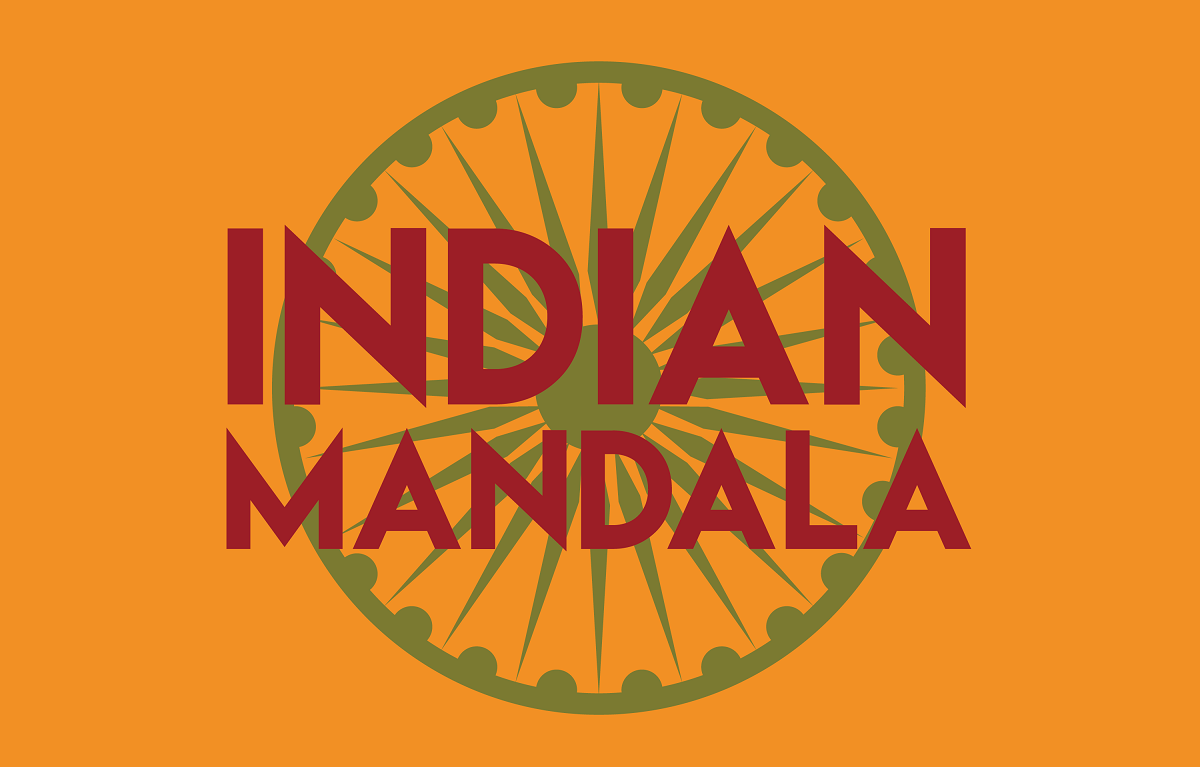Telangana hospital scandal lifts veil on organ trade
A racket involving doctors from Karnataka and Tamil Nadu was uncovered in Rangareddy district, with widows among those exploited. At least 200,000 patients in India are in need of a kidney transplant but only 7,500 ‘legal’ operations are carried out in a year due to the low number of donations.
Mumbai (AsiaNews) - Telangana health officials, along with the Rachakonda police, uncovered an illegal kidney transplant racket operating at Alakananda Hospital, a private facility in Saroor Nagar, Rangareddy district. The operations, which took place on the evening of 16 January, were performed by doctors from other states at the hospital. Donors and recipients were allegedly connected through intermediaries, whose identity has not been disclosed.
The operation came to light after an anonymous tip led the authorities to investigate the hospital, which was operating without proper authorisations. According to reports, the racket involved doctors from other states, including Karnataka and Tamil Nadu, who were lured with financial incentives to perform illegal kidney transplants in collaboration with hospital staff. Rangareddy district health and medical officer Venkateshwar Rao confirmed that during an inspection four persons were found in the hospital, two kidney donors and two recipients, all from Karnataka and Tamil Nadu. ‘When they were questioned, they stated that they had been operated on for appendicitis. We transferred them to Gandhi Hospital to receive better medical care,' he explained.
The kidney racket appears to have been run from Saroornagar in eastern Telangana, but has links to places like Chennai, Bengaluru and Vizag, where some of its key operatives reside. The victims, including widows in Trichy, Tamil Nadu, were allegedly tricked by an intermediary into donating their kidneys for transplant to unknown and apparently wealthy recipients. The middleman allegedly promised the donors 400,000 rupees each (about EUR 4,400), for a total of 5 million rupees (more than EUR 55,000), but then walked out on them without paying.
Following the affair, the Alakananda Hospital was closed on 22 January. A member of the management was arrested. He will now have to answer for violation of the Human Organ Transplantation Act, since he did not even have the necessary authorisations to perform transplant operations. All surgeons found guilty of involvement in the racket will be struck off the register. Dr Srinivas Gundagani, vice-president of the Telangana Medical Council, admitted the gaps in supervision, saying: ‘We can only act after receiving complaints.
Commenting to AsiaNews on the matter, Dr Pascoal Carvalho - a former Indian member of the Pontifical Academy for Life - said that ‘this is also an issue that has to do with the protection of life. Kidney transplants should be carried out in accordance with ethical and legal standards'. The shortage of organs in India is a very serious problem. According to data from 2022 out of more than 200,000 patients who needed a kidney transplant, only 7,500 transplants (about 3.4 per cent) were performed. The 1994 Human Organ and Tissue Transplantation Act prohibits the sale of organs and only allows donation between close family members or for altruistic reasons, without any exchange of money. But it is a provision that is easily circumvented precisely because of the high demand and the availability of state-of-the-art technology and qualified surgical personnel. It was precisely Telangana in 2024 that also topped the list of organ transplants carried out through legal procedures in the country.
‘Until a few years ago, even poor villagers in Myanmar were lured to donate their kidneys to wealthy patients in their own country in private hospitals in Delhi for transplant operations,’ Carvalho recalls. ’The recent reforms adopted by the Indian government last year allow more flexibility in age and residency requirements for altruistic donations. I believe this is the right way forward to promote the culture of donation and to stamp out these morally unacceptable practices'.
INDIAN MANDALA IS THE ASIANEWS NEWSLETTER DEDICATED TO INDIA. WOULD YOU LIKE TO RECEIVE IT EVERY FRIDAY? TO SUBSCRIBE, CLICK HERE.
24/10/2019 17:56







.png)










